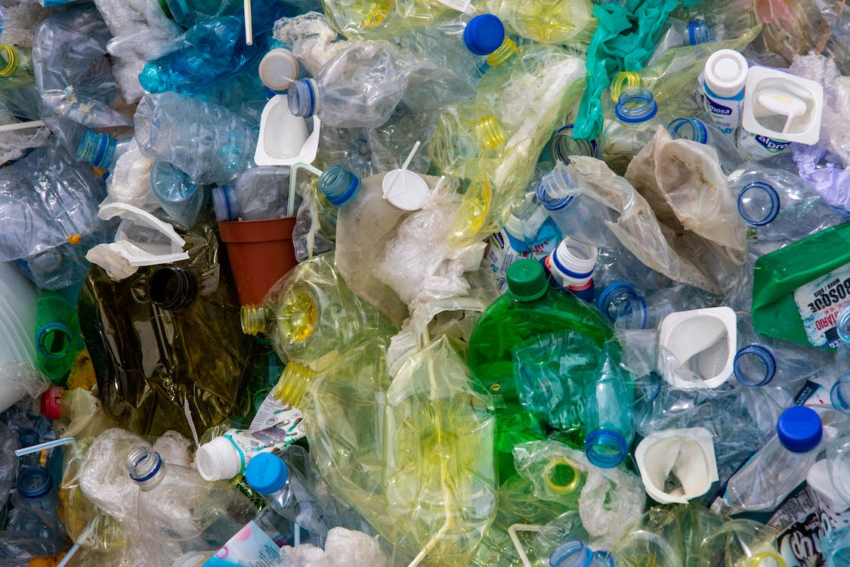Elevated levels of microplastics and nano-plastics (MNPs) present in blood vessels may increase the risk of cardiovascular events, according to a new peer-reviewed study. The research warns about the potential life-threatening effects of tiny plastic particles in the bloodstream, reflecting an alarming connection between plastic pollution and human health.
The study, conducted by the New England Journal of Medicine (NEJM) in collaboration with the University of Campania Luigi Vanvitelli in Naples, suggests MNPs found in human blood vessels could lead to strokes, heart attacks, and even death. The study emerged from a rise in these cardiovascular events among patients that, aside from the MNPs in their vessels, would be considered low risk.
The study was a prospective, observational effort, involving 304 patients who had undergone carotid endarterectomy—a surgical procedure for asymptomatic carotid artery disease. The procedure allows for the removal (through surgery) of fatty deposits, or plaques, clogging the carotid arteries, which are the primary blood vessels supplying blood to the brain, neck, and face. Of these patients, 257 completed an average follow-up of just over 33 months.
Findings showed evidence of polyethylene in the artery plaque of 150 patients (58.4%). Additionally, 31 patients (12.1%) also presented measurable amounts of polyvinyl chloride in their plaques. Participants who had the presence of these materials (MNPs) in their plaques showed a higher risk for undergoing a stroke, heart attack, or dying from any cause after 34 months.
While this alarming research provides an association between MNPs and heart health, a direct causative link remains unproven. The study did not take into account factors such as smoking, physical inactivity and air pollution. Further research is necessary to fully understand and confirm these findings. However, these revelations could help explain the “residual cardiovascular risk” where patients treated for common risk factors like hypertension, diabetes, etc., still suffer from heart attacks and strokes.
Information Box:
– Microplastics and nanoplastics (MNPs) are tiny plastic particles present in the environment and now found in human tissues.
– The study presents an association between MNPs in blood vessels and risks of cardiovascular events.
– Observational data suggests exposure to plastics-related pollution could increase risk of cardiovascular disease.
– Additional research is needed to confirm these findings and provide a comprehensive understanding of the risks.
References:
Reference 1: Raffaele Marfella, M.D., Ph.D., Francesco Prattichizzo, Ph.D., Celestino Sardu, M.D., Ph.D., Gianluca Fulgenzi, Ph.D., Laura Graciotti, Ph.D., Tatiana Spadoni, Ph.D., Nunzia D’Onofrio, Ph.D., Lucia Scisciola, Ph.D., Rosalba La Grotta, Ph.D., Chiara Frigé, M.Sc., Valeria Pellegrini, M.Sc., Maurizio Municinò, M.D., et al., “Microplastics and Nanoplastics in Atheromas and Cardiovascular Events,” NEJM.org.
Reference 2: Ian Sample, “Microscopic plastics could raise risk of stroke and heart attack, study says,” The Guardian, March, 6, 2024.
Reference 3: Clare Watson, “Plastic Found Inside More Than 50% of Plaques From Clogged Arteries,” Sciencealert.com, March, 7, 2024.

